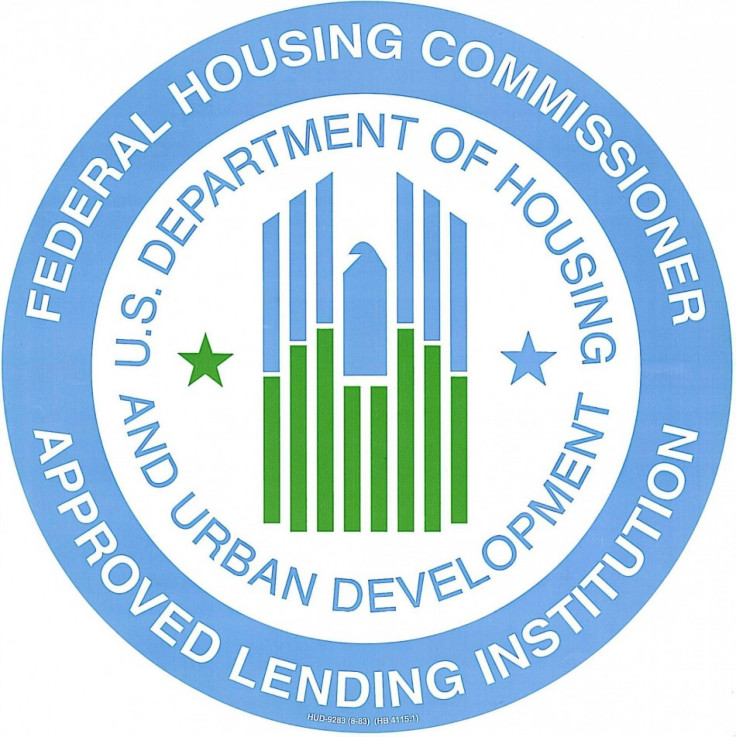Federal Housing Administration Reserves Drop to $2.6 Billion, Bailout Possible

The Federal Housing Administration (FHA) said in its annual financial report that its cash reserves had fallen to $2.6 billion, down from $4.7 billion, intensifying the likelihood of a taxpayer bailout.
The capital reserve ratio is now 0.24 percent of its total insurance base, down from 0.50 percent in 2010, according to an independent audit. The agency has a Congressional mandate to have reserves of at least 2 percent of its insurance base, but has not reached that level since 2008.
The agency said that losses from loans insured before 2009 continue to strain the fund, with losses expected to reach $26 billion within a few years. But the agency expected to rebuild capital in 2012, with profitable loans from the last two years, and return to the 2 percent threshold in 2014. Loans insured under the Obama administration are currently giving $18 billion in value to the fund, with an additional $9 billion projected from this year.
In the midst of a tough housing market the FHA [Mutual Mortgage Insurance] Fund continues to be actuarially sound, said Carol Galante, the FHA's acting commissioner, in a statement.
The agency said that strengthening lending enforcement, loan quality and credit policies under the Obama administration has helped the fund.
Because of the Obama Administration's strategy to protect the FHA Fund -- tightening of risk controls, increased premiums to stabilize near-term finances, and expanded loss mitigation assistance to avoid unnecessary claims -- this past year's endorsements had the highest credit quality ever recorded, and will yield historically high levels of net receipts in the years ahead, said Galante.
The report said there was a nearly 50 percent chance that future losses could exceed the FHA's cash reserves. Although the agency said a bailout was unlikely, a significant decline of home prices in the next year would cause the fund to require additional support from the U.S. Treasury Department -- typically in the form of taxpayer funding. Alternatively, the FHA could increase the cost of premiums it charges borrowers.
Previous studies, including those by the University of Pennsylvania's Wharton School and New York University, have also brought up the possibility of an FHA bailout, following further housing market declines.
© Copyright IBTimes 2024. All rights reserved.





















